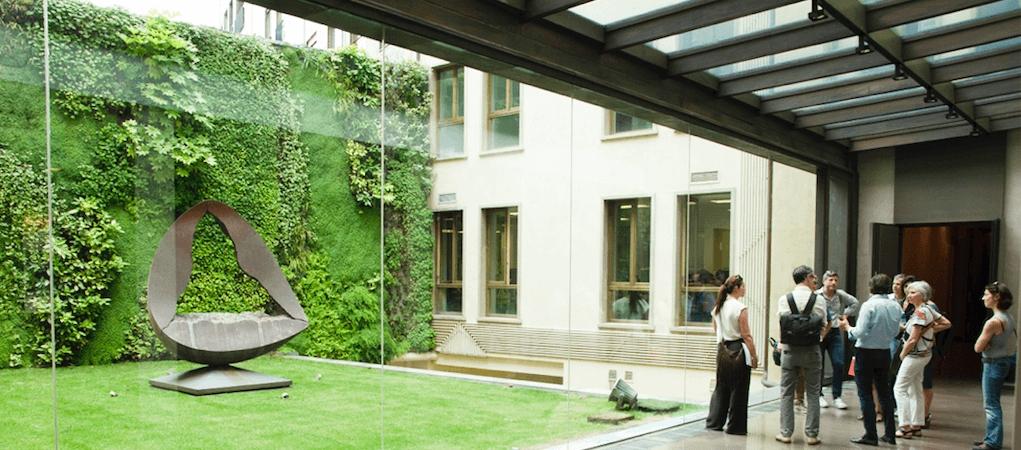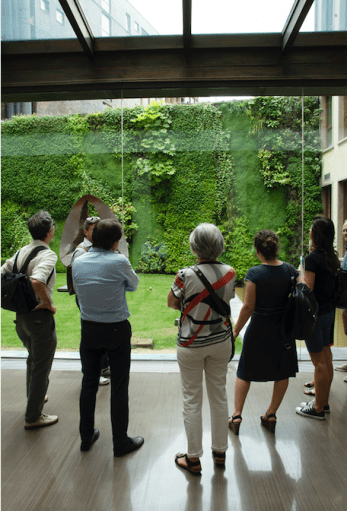Projet NAWAMED : le rôle des solutions fondées sur la nature en Italie pour une régénération urbaine durable et inclusive

Ce contenu est disponible uniquement en anglais
Interview with Lorenzo Bono, project manager and coordinator of the “resources and landscape management, adaptation and resilience” area of Ambiente Italia, a leader company operating in Italy and Europe in research and consulting for sustainability. He has a long-term experience on urban sustainability planning and analysis. In the last years he has developed a specific focus on urban adaptation to climate change, having worked on this subject in five different EU funded projects including CLEVER Cities - Co-designing Locally tailored Ecological solutions for Value added, socially inclusivE Regeneration in Cities (HORIZON 2020, 2018-2023).
Nature-based solutions (NBS) can contribute to address urban challenges such as climate change and water management. They provide multiple benefits to citizens by promoting the sustainable use of terrestrial and aquatic ecosystems, ensuring healthy lives, increasing social cohesion and creating new business and economic opportunities.
Nature-based solutions represent an important added value in regenerative urban processes, contributing to the improvement of the quality of life of people living in areas that could be increasingly affected in the future by climate change effects like heat islands and flash floods
A successful implementation of NBS needs a strong awareness campaign about the scientific and technological knowledge of their benefits. This includes having a solid understanding of the complex processes of natural systems, as well as the appropriate NBS design features and options in order to ensure that the solutions are resource-efficient, resilient to change, and adapted to local conditions.

Despite the fact that a growing knowledge about NBS is now available, the information is often scattered and hard to access. Moreover, existing evidence is often presented in such a way that is challenging for policy and decision-makers as well as the general public to understand. More awareness of the potential business opportunities offered by NBS is also needed as the implementation of NBS can be constrained by the lack of high-performing private companies operating in the field of urban forestry, sustainable drainage and landscape management
The adoption of NBS in urban regeneration processes requires trust in the local government and in experimentation process itself. Urban planners need to have an open approach to collaborative governance of nature-based solutions that allows learning with and about new appealing designs, perceptions and images of nature from different urban actors, allows forming of new institutions for operating and maintaining nature-based solutions to ensure inclusivity, liveability and resilience.
NBS require multiple disciplines for their design and co-creation and recognition of their place-based transformative potential, as for example the inclusion of NBS development into a sustainable regeneration plan aiming to enhance the use of Non-Conventional water at urban level is an issue that, at the moment, seems not to be enough considered
In Italy, constructed wetland systems, when used, are mainly considered as a technology to be applied in a specific context in order to solve sanitisation related problems, but still have not been recognized as a “standard” solution to be developed when thinking about NBS planning on an urban scale.
In conclusion, projects as CLEVER cities and NAWAMED can together supply a holistic approach for driving a new kind of nature-based urban transformation for sustainable and socially inclusive cities, including energy and water related management.







